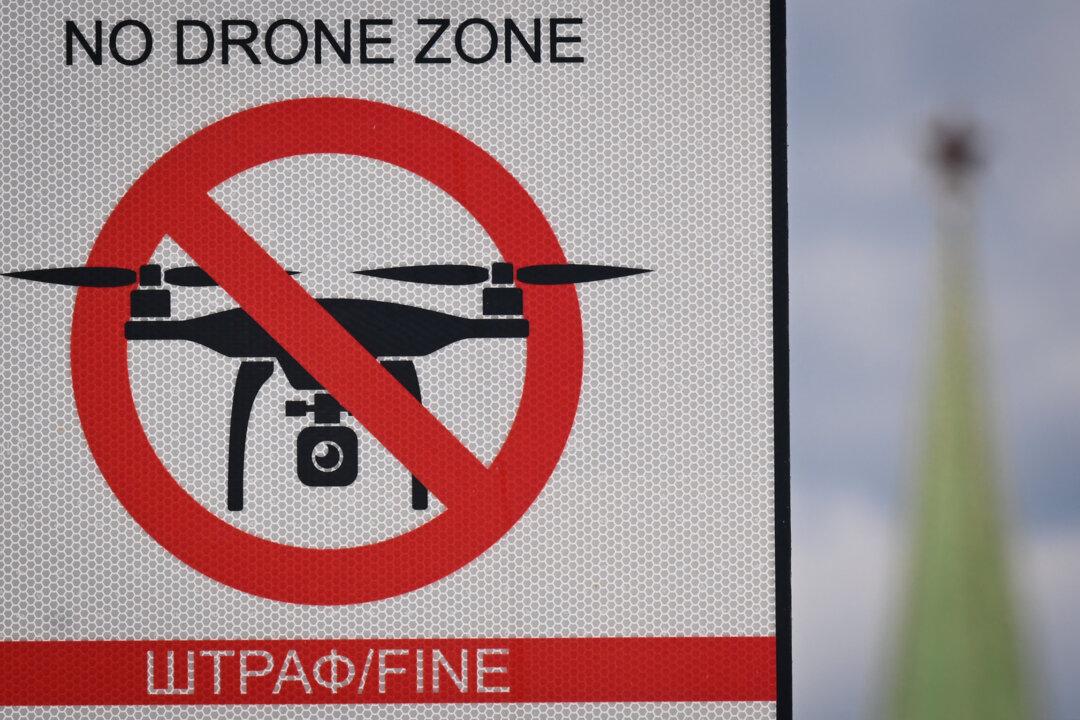PARIS—Competing national interests and even personal rivalries have cast a cloud over the international summit on climate change meeting here, and the issue of “climate justice” has proven to be a significant stumbling block in the way of any meaningful deal.
At various points during the two-week conference, realpolitik took over, overshadowing the summit’s larger objectives.
“You don’t come into these negotiations and negotiate them in a vacuum,” Steven Groves, a senior research fellow at The Heritage Foundation, told The Daily Signal in an interview. “You really can’t separate out what’s going on geopolitically. And no countries come into this process altruistically. There’s this veneer of trying to save the planet, but it’s all talk.”
A total of 150 leaders and delegates from 195 countries gathered in Paris for the international summit on curbing the effects of climate change only weeks after Islamic State terrorists killed 130 and wounded hundreds across the city. It was called one of the largest gatherings of world leaders in history.
Organizers heralded the summit, sponsored by the United Nations and named COP21, as a historic opportunity for the global community to collectively address what some argue is the world’s No. 1 problem—climate change.
“Nearly 200 nations have assembled here this week, a declaration that for all the challenges we face, the growing threat of climate change could define the contours of this century more dramatically than any other,” President Barack Obama said during remarks on the summit’s opening day, Nov. 30.
As the summit wound down Friday, delegates went into overtime to piece together a global deal on greenhouse emissions, with provisions included for verification and enforcement that would limit the global temperature rise to no more than 2 degrees Celsius (3.6 degrees Fahrenheit) by the end of the century.






